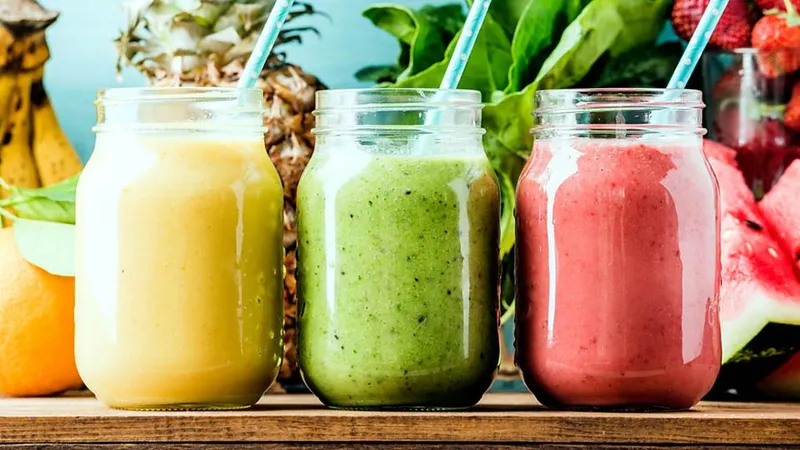Rob Hello, I’m Rob…
Feifei … and I’m Feifei and this is The English We Speak.
Rob Now Feifei, did you try out that new cafe on the way to work today?
Feifei Yes, I did – I was really impressed – the new cafe has a great range of food and friendly staff. So have you tried it Rob?
Rob Yeah, I’ve been there twice now – but, well, it’s no great shakes.
Feifei No great shakes?! That’s the best thing about it, they sell amazing banana milkshakes… mmmm
Rob No, no, no. I wasn’t talking about the shakes – I was referring to the cafe generally – there’s nowhere to sit, the queues are long, and they didn’t put enough froth on my skinny cappuccino – so it’s no great shakes – in other words, it’s not very good.
Feifei Oh so no great shakes is an expression that means it’s not very good. So you’re not impressed?
Rob I’m afraid not. And no great shakes also means ‘ordinary’ which describes this cafe. Let’s hear some more examples of this phrase in action…
Examples
My sister puts on a good dinner party but she’s no great shakes when it comes to cooking!
That new singer has a great voice but he’s no great shakes at playing the guitar.
The film sequel is no great shakes compared with the first one – there was no story and the special effects were awful!
Feifei So that’s the expression no great shakes which means not very good or not very impressive. But Rob, maybe if you did try the banana milkshake it might change your opinion about the cafe? Look, I’ve got one here…
Rob Mmmm, thanks, yeah… It’s not bad, actually. This is a great shake. OK, well, perhaps I’ll give it a second chance…
Feifei Where are you going?
Rob To buy a milkshake!
Feifei You do know they cost four pounds?
Rob What? Four pounds! Yes well, as I was saying, that cafe really is no great shakes.
Feifei If you say so Rob. Bye.
Rob Bye.
